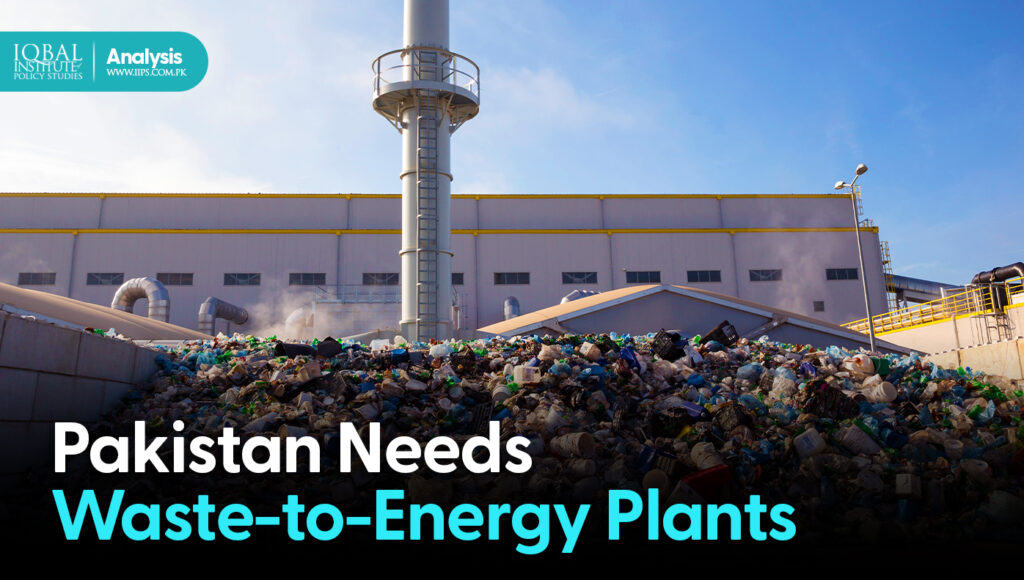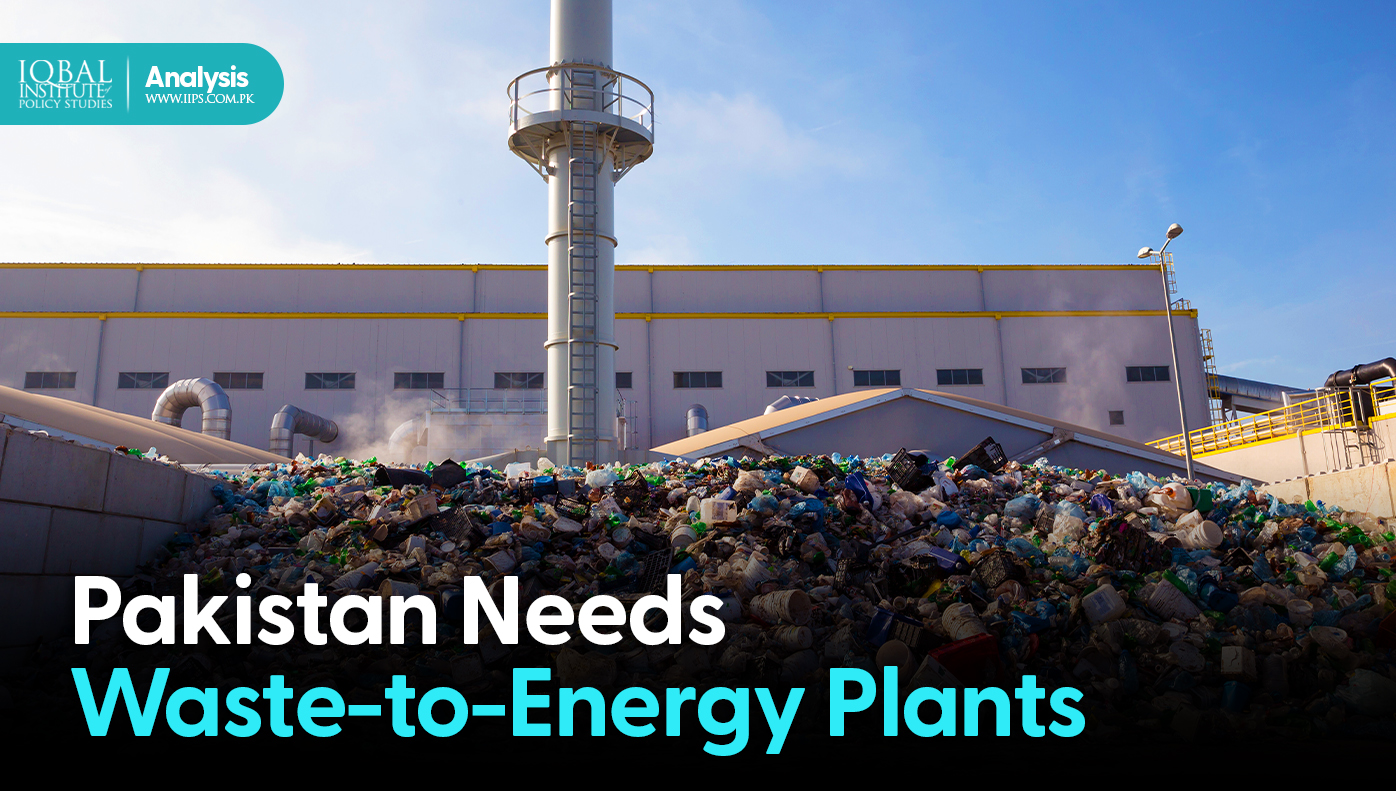
Pakistan generates 49.6 million tons of municipal solid waste each year, increasing by 2.4 per cent annually (International Trade Administration,2022). Lack of waste management is creating serious environmental issues and threatening the health and welfare of the general population.
The Government of Pakistan (GOP) estimates that 87,000 tons of solid waste are generated weekly and more than 16,500 tons of municipal waste daily (ITA,2022). Similarly, plastic production and waste have been increasing significantly. During the pandemic, the use of single-use plastics has increased by 300 per cent globally.
However, Pakistan’s existing solid waste management system faces enormous challenges, including bureaucratic hurdles, lack of urban planning, inadequate waste management equipment, and low public awareness.
About 60-70 per cent of the country’s solid waste is collected, and the remaining waste is either burned, dumped, or buried on vacant lots, further accelerating climate change.
Considering the issue, the government should manage growing waste materials and utilise them for energy generation. There is a need to convert solid waste to energy power (waste-to-energy) plants.
Waste-to-energy (WTE) provides a safe and technological means of waste disposal that reduces greenhouse gases, generates clean energy, and recycles metal. WTE is widely recognised as a technological method to mitigate climate change.
The energy produced at waste-to-energy plants is reliable baseload power, generating at any time and providing electricity to the grid, houses, public buildings, and industries. Pakistan has also taken several measures to develop waste-to-energy plants in the country.
The first WTE plant was developed in Lahore, having a production capacity of 40 Mega Watt electricity and reducing 2,000 tons of solid waste. The project has paved the way for further initiatives to solve pressing waste disposal problems, resulting in cleaner cities and healthy life.
Another waste-to-energy plant has been developed in Karachi. In this regard, Pakistan has announced an upfront tariff of 10.007 US cents per kilowatt-hour for waste-to-energy projects based on an operational period of 25 years with an overall capacity of 250MW.


Leave a Reply